

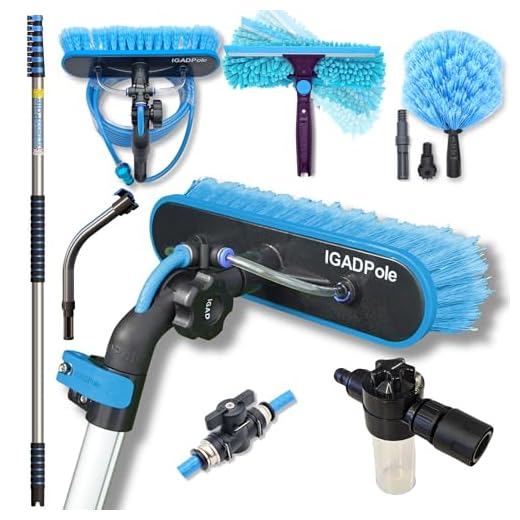

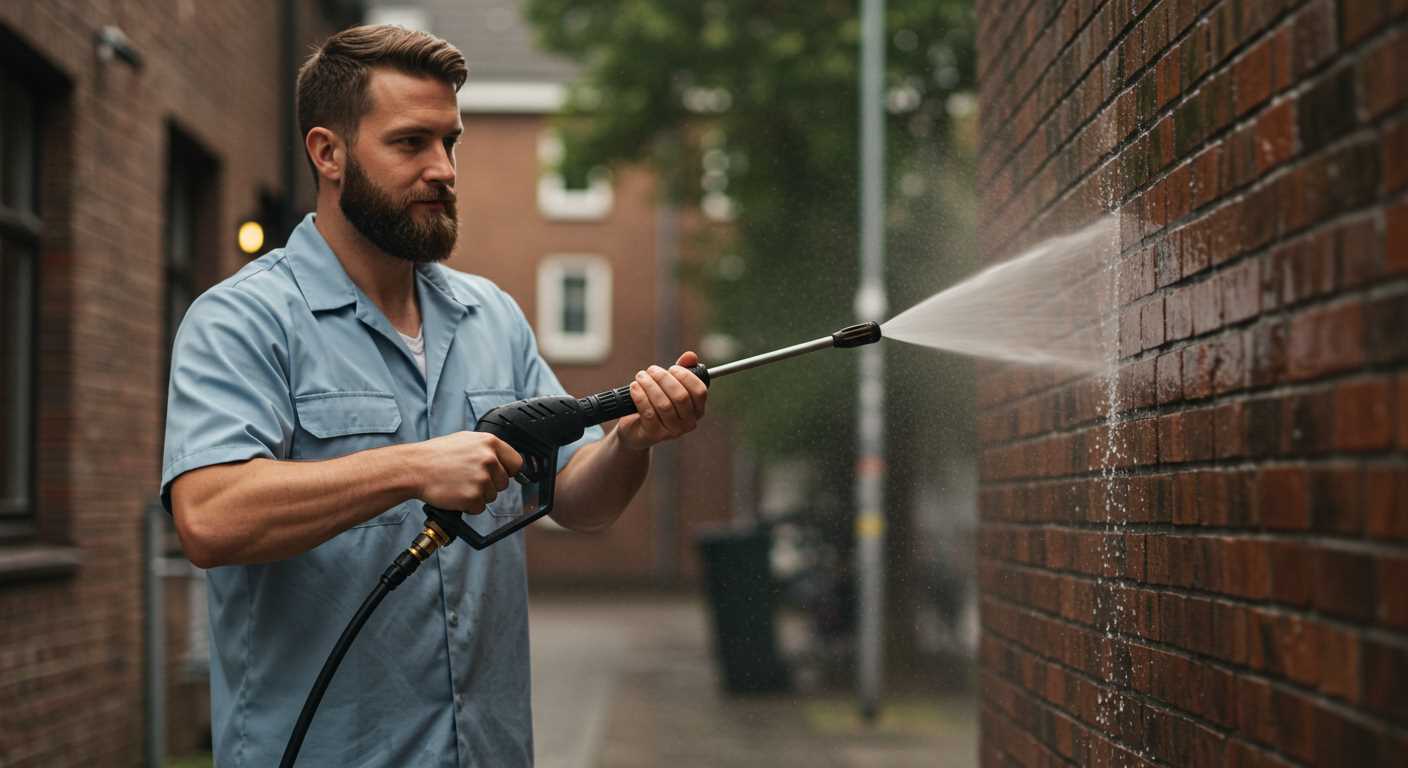
Using a high-pressure cleaning device for your solar energy systems isn’t recommended. During my years in the cleaning equipment industry, I often encountered situations where this method led to more harm than good. The forceful jets can easily dislodge or damage fragile components, potentially voiding warranties and causing costly repairs.
While it may seem like a quick solution to eliminate grime and debris, the reality is that many manufacturers advise against using intense water pressure on their products. I recall a case where a homeowner aimed to rejuvenate their solar setup with such a device, only to discover that the seals around the junction boxes were compromised, resulting in water infiltration and electrical issues.
Instead of resorting to strong jets of water, consider gentler methods. A soft brush combined with a mild detergent and a garden hose can effectively remove dirt without risking damage. Regular maintenance using these techniques keeps your energy-producing assets functioning optimally and prolongs their lifespan. Trust me, protecting your investment is far more beneficial in the long run than a quick fix with high-pressure cleaning equipment.
Cleaning Strategy for Photovoltaic Systems
Using high-pressure equipment on photovoltaic systems is not advisable. The force generated can damage protective coatings, leading to scratches or even cracks. My experience has shown that a gentler touch yields better results and safeguards the integrity of these installations.
Recommended Techniques
Instead of high-pressure methods, consider these safer alternatives:
- Utilise soft brushes or sponges with mild soap and water.
- Employ a garden hose with a spray nozzle set to a gentle setting.
- For hard-to-reach areas, use an extendable pole with a brush attachment.
Maintenance Frequency
Regular upkeep is key. I typically suggest cleaning every six months or more frequently in areas with heavy dust or bird droppings. This schedule helps maintain optimal performance, keeping efficiency levels high.
| Cleaning Method | Pros | Cons |
|---|---|---|
| High-Pressure Equipment | Quick results | Risk of damage |
| Soft Brushes | Safe for surfaces | Time-consuming |
| Hose with Nozzle | Gentle yet effective | May require more effort |
In conclusion, while the temptation to use high-pressure methods exists, the long-term benefits of protecting these systems outweigh the immediate convenience. Opt for gentler techniques to ensure longevity and functionality of your energy-generating assets.
Understanding Solar Panel Materials and Their Durability
Tempered glass dominates the surface of most photovoltaic systems, providing resilience against various environmental stressors. This type of glass is designed to withstand impacts, hail, and extreme temperatures, ensuring longevity. However, while robust, it can be scratched if treated improperly during maintenance. Using soft, non-abrasive materials is crucial to prevent damage.
Beneath the glass, the encapsulant, often made of ethylene-vinyl acetate (EVA), binds the solar cells and protects them from moisture and dirt. This layer is critical for maintaining performance. Prolonged exposure to harsh chemicals can degrade the encapsulant, leading to reduced efficiency. Opt for mild detergents that are free from aggressive solvents to preserve integrity.
The backsheet, typically composed of polymeric materials, shields the inner components from environmental factors. It’s resilient to UV radiation and moisture, but care must be taken to avoid high-pressure streams that could compromise the seal. A gentle hand is needed when cleaning around edges to maintain the overall integrity of the system.
Understanding these materials helps in making informed choices about maintenance strategies. Regular inspections will reveal any wear or damage, allowing for timely interventions. The durability of these systems is impressive, but the right approach ensures they continue to operate at peak performance for years.
Risks of Using a Pressure Washer on Solar Panels
Using high-pressure cleaning equipment on photovoltaic modules can lead to several complications that may damage their integrity. In my experience, even the most robust surfaces can suffer when subjected to intense water jets.
- Surface Damage: Many photovoltaic systems feature tempered glass that can withstand typical environmental stress. However, the concentrated force from a pressure source might create micro-cracks, compromising longevity.
- Seal Integrity: The frame seals surrounding the cells are designed to be water-resistant. Excessive pressure may breach these seals, allowing moisture to infiltrate and cause corrosion or other issues over time.
- Wiring Risks: High-pressure systems can inadvertently dislodge or damage the wiring connections. This can lead to electrical faults or inefficiencies in energy production.
- Warranty Concerns: Many manufacturers specify cleaning methods in their warranty agreements. Using inappropriate techniques may void the warranty, leaving owners liable for any repairs or replacements.
In my tenure, I’ve seen cases where individuals attempted aggressive cleaning methods, only to face costly repairs or replacements shortly thereafter. It’s crucial to approach maintenance thoughtfully.
Consider alternative methods such as gentle rinsing with a hose or employing soft brushes designed specifically for delicate surfaces. These options effectively remove dirt without the associated risks of high-pressure water jets.
Recommended Cleaning Methods for Solar Panels
A gentle approach is paramount for maintaining these energy-generating surfaces. I recommend the following techniques:
- Soft Brush Cleaning: Use a long-handled soft brush to gently scrub the surface. This method effectively removes dirt and debris without scratching the delicate glass.
- Garden Hose: A standard garden hose with a spray nozzle can efficiently rinse off loose dirt and grime. Ensure the water is at low pressure to prevent any damage.
- Deionised Water: For those in hard water areas, using deionised water prevents mineral deposits from forming on the surface. This method not only cleans but also leaves a streak-free finish.
- Commercial Cleaning Solutions: Opt for non-abrasive, biodegradable cleaners specifically designed for glass surfaces. Always follow the manufacturer’s guidelines for use.
Regular cleaning intervals, ideally twice a year, enhance efficiency and prolong lifespan. Factors such as local weather conditions and surrounding vegetation may necessitate more frequent attention.
Avoid any harsh chemicals or abrasive materials that can lead to scratches or degradation of the panels. Instead, focus on gentle yet effective methods to preserve the integrity of the installation.
For those considering professional services, look for specialists equipped with industrial pressure washers designed for sensitive surfaces. These professionals understand the nuances of cleaning and can deliver optimal results without risking damage.
Optimal Pressure Settings for Cleaning Solar Panels
For optimal results, set the pressure at no more than 1,200 psi. Higher settings can risk damaging the delicate surface of these energy collectors. During my time in the cleaning equipment industry, I often tested various models and configurations. Each one taught me the importance of pressure control.
When choosing a nozzle, use a wide-angle spray, preferably 25 degrees or more. A fan spray distributes water more evenly, reducing the likelihood of concentrated force that could lead to cracks or other damage. I remember a case where a homeowner used a narrow nozzle and ended up with a shattered panel. It was a costly mistake that could have been avoided with the right technique.
Distance also plays a significant role in the cleaning process. Keeping the spray lance at least 3 feet away from the surface ensures that the water pressure dissipates before reaching the glass. I’ve seen first-hand how too close a distance can lead to unintended consequences. Always approach the surface gradually and adjust your stance as needed.
Temperature is another factor to consider. Cold water is generally more effective, as it prevents thermal shock to the materials. I recall a demonstration where warm water was used, and it ended up warping some components. Sticking to ambient temperatures avoids unnecessary risks.
Lastly, always inspect the panels before beginning the cleaning process. Look for any visible cracks or loose connections. Addressing these issues beforehand can save a lot of time and money later on. My experience has shown that preparation is key to maintaining the longevity and efficiency of these systems.
When to Clean Solar Panels: Timing and Frequency
Regular maintenance of photovoltaic systems is essential for optimal performance. I typically recommend cleaning every 6 months, but this can vary based on environmental factors. Areas prone to dust storms or heavy pollen may necessitate more frequent attention, perhaps every 3 months. Observing the panels for dirt accumulation is a practical approach. If they look significantly less shiny than when installed, it’s time to act.
Seasonal Considerations
Seasonality plays a significant role in determining the cleaning schedule. In spring, pollen can coat surfaces, while autumn often brings falling leaves. Cleaning right after these seasons can enhance efficiency. I recall a customer who had his system cleaned after the autumn leaves fell, and the energy boost was noticeable. Conversely, rainy weather can naturally wash away debris, so timing your cleaning after dry spells can be beneficial.
Weather Conditions
Temperature and humidity also influence the frequency of maintenance. Hot, dry climates may lead to quicker build-up of dust and grime. A friend in Arizona found that cleaning after particularly hot weeks improved his output noticeably. Conversely, in regions with high humidity, algae and mould can form, necessitating more frequent checks. Always consider local weather patterns when setting a schedule.
| Condition | Recommended Frequency |
|---|---|
| Dry, Dusty Areas | Every 3 Months |
| Moderate Climates | Every 6 Months |
| Humid Environments | Every 4 Months |
| Post-Storm Checks | As Needed |
Keeping a close eye on performance metrics can also signal the need for cleaning. If you notice a drop in energy production, it may be time to inspect and clean the surfaces. Regular monitoring ensures that your investment continues to operate at its peak efficiency.
Safety Precautions When Cleaning with a Pressure Washer
Before engaging in any cleaning task involving high-pressure equipment, ensure proper safety measures are in place. Always wear protective eyewear to shield your eyes from debris and water spray. A sturdy pair of non-slip boots is necessary to prevent slipping on wet surfaces, especially when working on rooftops.
Personal Protective Equipment (PPE)
Utilising gloves can protect hands from sharp edges and potential chemical exposure from cleaning solutions. Consider wearing long sleeves and trousers to minimise skin contact with water and cleaning agents. If working at heights, a safety harness is non-negotiable to prevent falls.
Equipment Handling and Maintenance
Inspect the cleaning device before use. Ensure hoses and fittings are intact, with no leaks or damage. Using the correct nozzle size is crucial; a narrow spray can cause harm to both equipment and surfaces. Keep the area clear of obstacles to avoid tripping hazards, and never point the nozzle at yourself or others while operating. For additional guidance on technology comparisons, check out this resource on are digital cameras better than cell phones.
Alternative Tools for Solar Panel Maintenance
For maintaining the cleanliness of your photovoltaic systems, various tools can be employed instead of high-pressure devices. A soft-bristle broom or a microfiber cloth on an extendable pole is an excellent choice for removing debris without risking damage. The gentle touch of these tools effectively eliminates dirt while ensuring the integrity of the surface remains intact.
Water-fed Pole Systems
Water-fed poles offer another viable option. These systems utilise purified water, which helps in preventing mineral deposits on the surface. The combination of soft bristles and flowing water ensures a thorough clean, reaching those hard-to-access areas without the need for ladders or scaffolding. I’ve seen impressive results using this method during my years in the cleaning industry.
Specialised Solar Panel Cleaning Solutions
Utilising a specially formulated cleaning solution can enhance results. These products are designed to break down grime and residues effectively while being safe for the delicate materials used in photovoltaic systems. During my time testing various cleaning agents, I found that those specifically created for solar applications removed stubborn stains without leaving any streaks.
Incorporating these alternative tools and methods not only ensures a safer approach but also prolongs the lifespan of your energy-generating assets. Regular maintenance using these techniques can significantly improve efficiency and performance over time.
Assessing the Impact of Dirt on Solar Panel Efficiency
Accumulation of grime on photovoltaic surfaces can lead to significant reductions in energy output. Studies indicate that even a thin layer of dust can decrease efficiency by up to 25%. Regular monitoring of panel cleanliness is crucial for maintaining optimal performance.
Factors Influencing Efficiency Loss
- Type of Dirt: Different contaminants, such as bird droppings, pollen, and industrial pollution, have varying impacts. For instance, organic materials may absorb moisture, leading to further degradation.
- Geographical Location: Areas with high levels of dust or pollen exposure require more frequent inspections and cleaning. For example, regions near deserts or agricultural zones often see higher dirt accumulation.
- Angle and Orientation: Panels tilted at steeper angles may naturally shed some debris during rainfall, while flat installations can trap dirt more readily.
Recommended Monitoring Practices
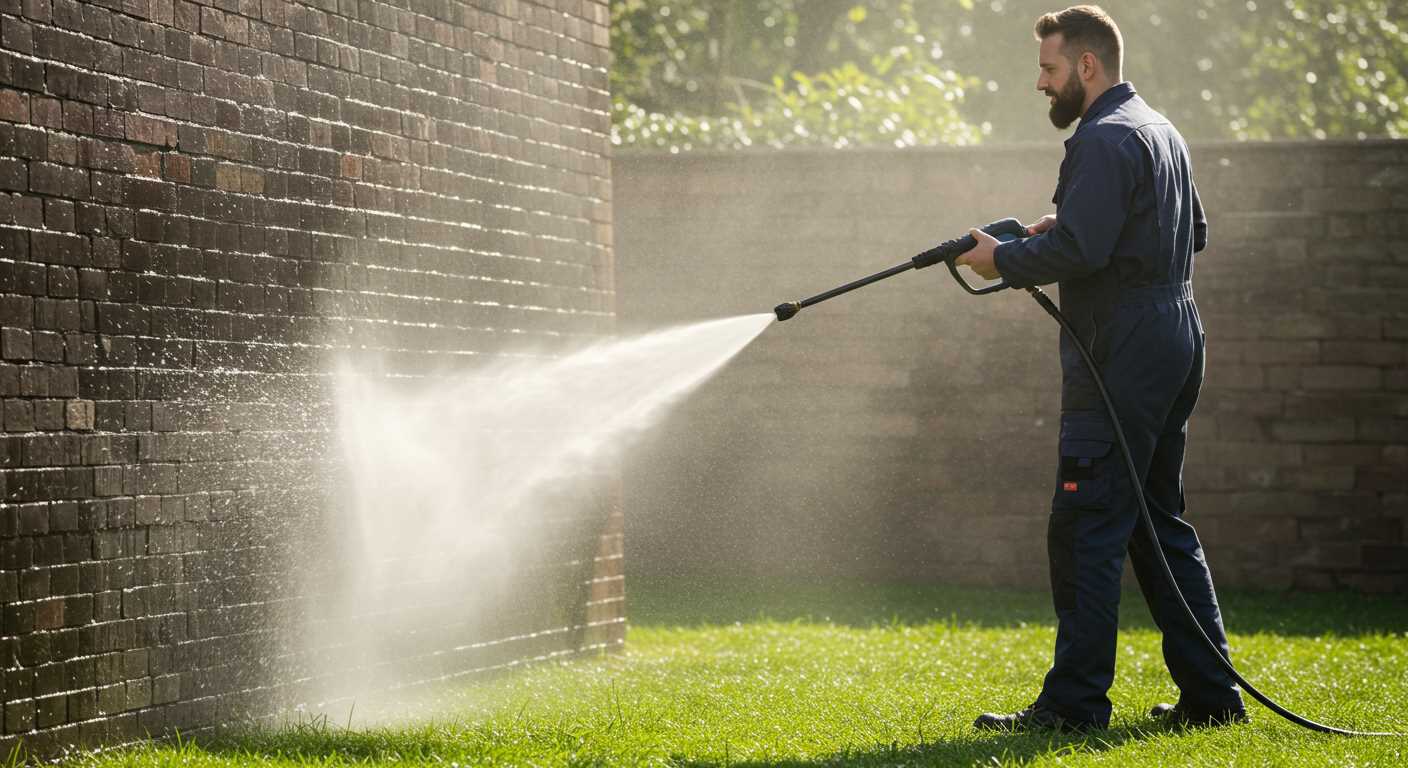
- Conduct visual inspections every few months, especially after storms or high winds.
- Utilise a monitoring system to track energy output; significant drops may indicate the need for cleaning.
- Consider the use of a water-fed pole system for periodic maintenance without direct contact.
In my experience, investing in a reliable monitoring system pays off. It not only alerts you to efficiency dips but also helps in planning maintenance schedules effectively. Every bit of attention to cleanliness translates to higher energy production and better returns on investment.
Professional Cleaning Services: When to Consider Hiring Experts
Engaging a cleaning service often becomes necessary when the task exceeds personal capability or safety. If the accumulation of grime, dust, or debris on your energy-producing system threatens its efficiency, it’s time to consider professional assistance.
Signs That It’s Time to Call Professionals
When observing significant performance drops, or if the installation is located in hard-to-reach areas, seeking expert help is advisable. I recall a situation where a homeowner noticed a 20% reduction in energy output. After a thorough examination, it was clear that the issue stemmed from extensive dirt build-up that was impossible to address without specialist equipment.
Benefits of Professional Services
Utilising experts not only guarantees a deep clean but also ensures that the integrity of the materials remains intact. Professionals are trained to identify potential issues that might go unnoticed. In my experience, I’ve seen technicians use gentle methods that protect delicate surfaces, maintaining functionality while enhancing longevity.
Additionally, they often use environmentally friendly cleaning agents, reducing the ecological footprint. This approach aligns with the sustainability ethos of renewable energy users. If you’re unsure about the best cleaning schedule, professionals can offer tailored maintenance plans based on local environmental conditions.
In conclusion, recognising when to delegate the task to professionals can save time, resources, and potential damage, allowing for optimal energy production and peace of mind.

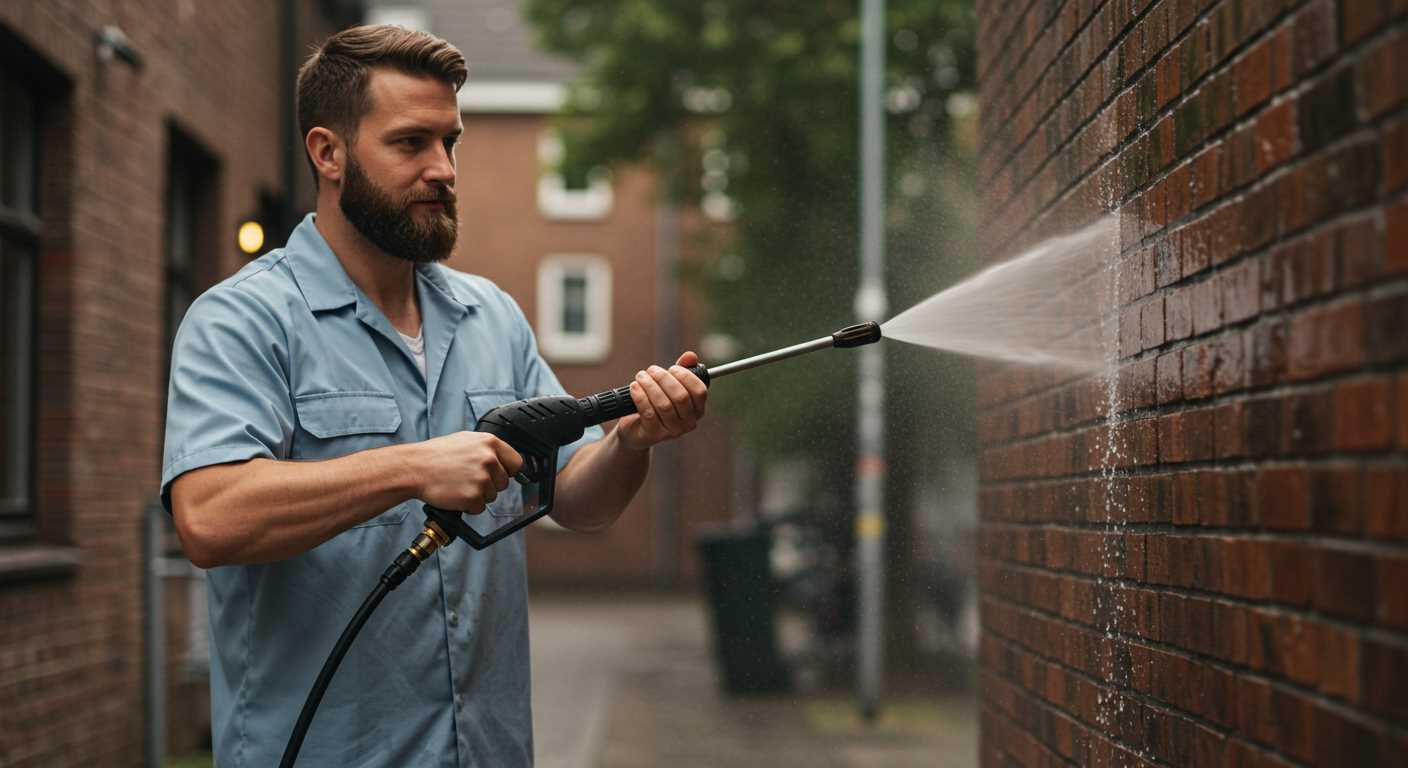

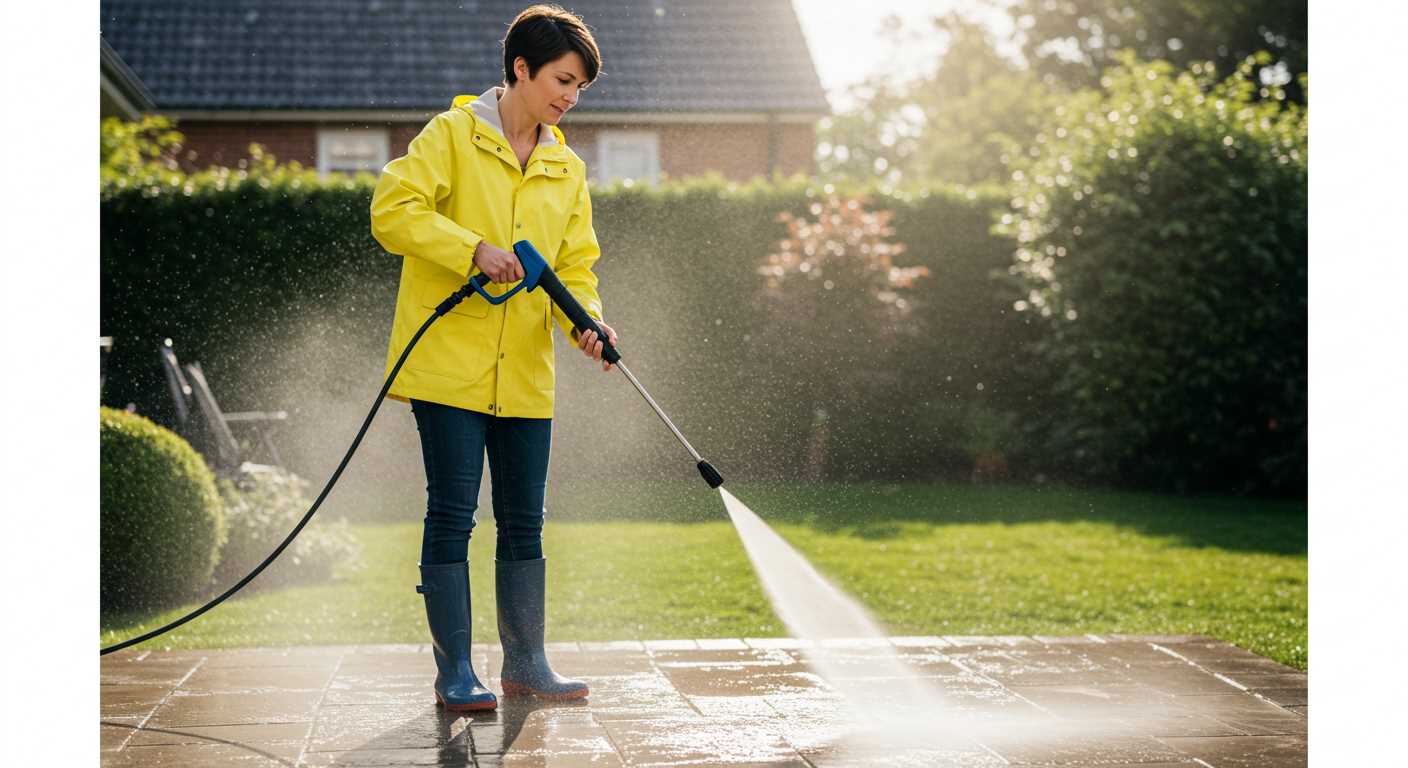
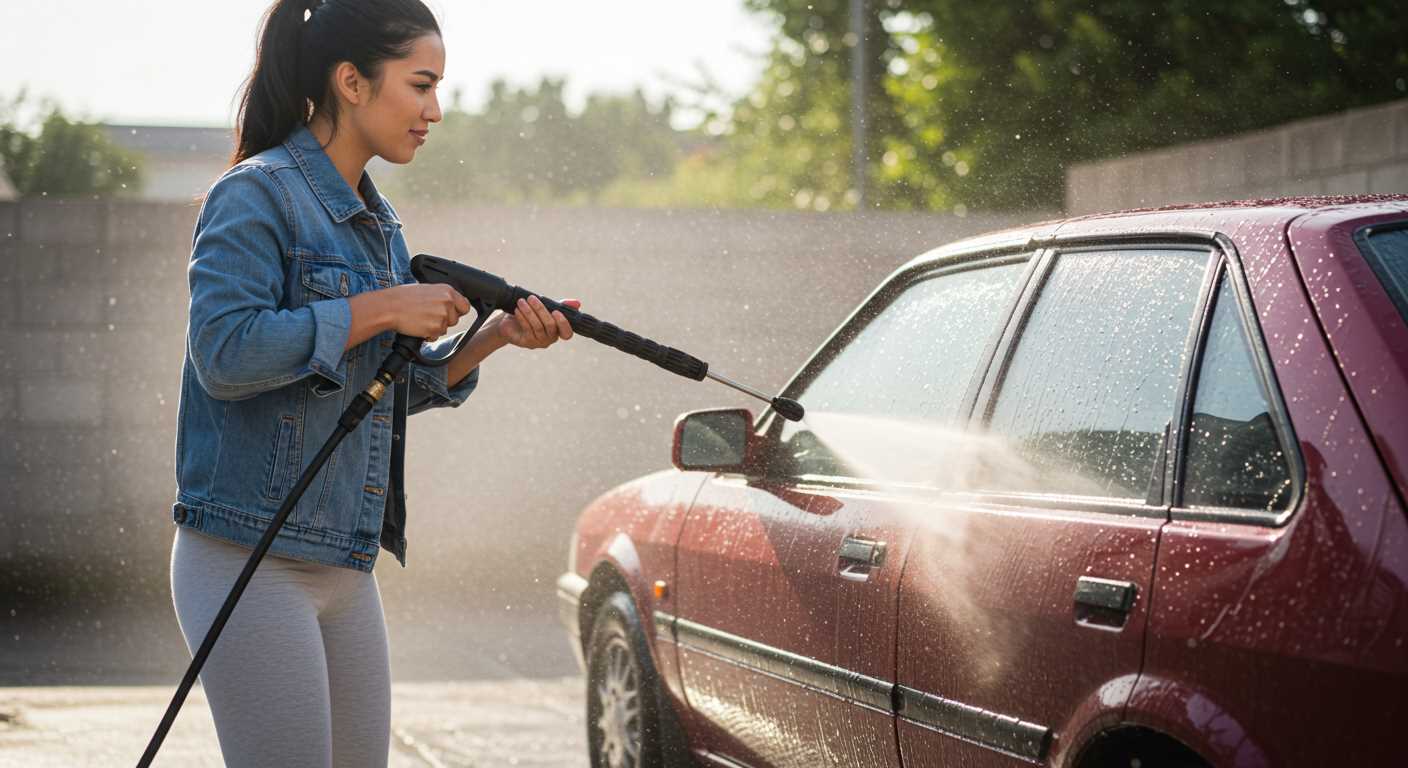
.jpg)


